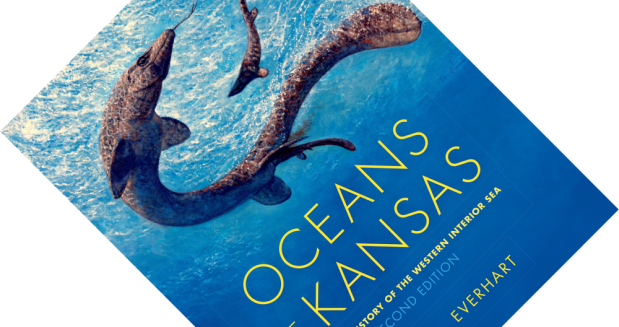7-minute read
I will make no secret of my love of J.R.R. Tolkien’s works. Equally, I am always entertained by books looking at the science behind fictional worlds depicted in books, movies, and TV series. The Science of Middle Earth is a remarkable undertaking, with three editors bringing together contributions on a wide range of topics, from humanities such as sociology and philosophy, to natural sciences such as geomorphology, chemistry, and evolutionary biology. Tying it together are Arnaud Rafaelian’s beautiful drawings that immediately draw your attention. Both a serious appreciation of Tolkien’s world and an entertaining work of popular science, this book hit the sweet spot.









